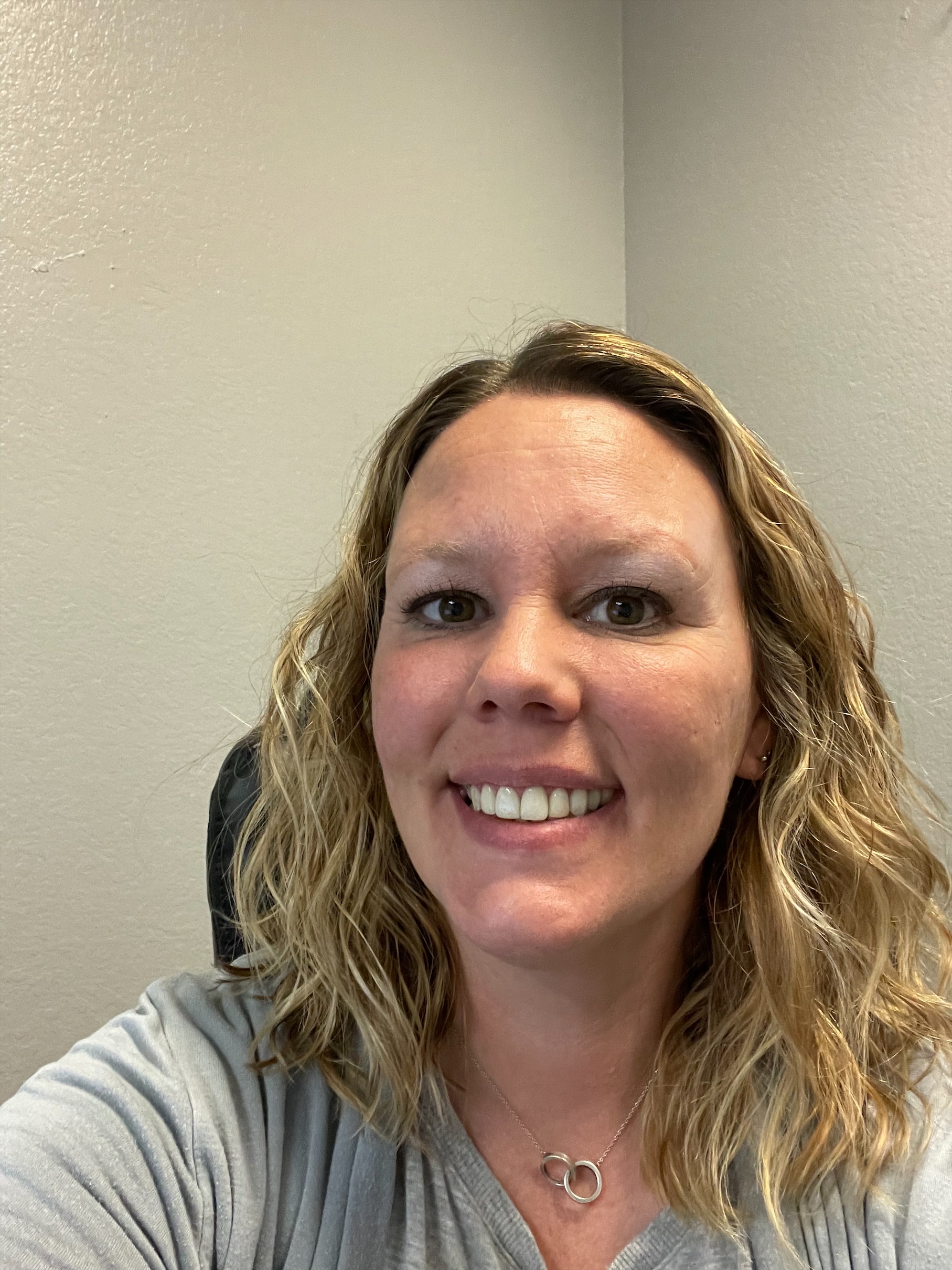Depression and Addiction: How Dual Diagnosis Can Help
Depression and addiction are two serious conditions that can cause a myriad of physical and mental health problems. These conditions often coexist, creating a negative cascade of events that can be difficult to break without professional help.
In this blog post, we will explore the connection between depression and addiction, their symptoms, and how dual diagnosis treatment can help individuals overcome these co-occurring conditions.
Gallus Detox, a detox facility specializing in addiction recovery, is dedicated to helping patients break free from the clutches of addiction while also addressing depression or other mental health concerns.
The Connection Between Depression and Addiction
Depression is a mental health disorder characterized by persistent feelings of sadness, hopelessness, and a lack of interest or pleasure in activities. It can affect a person’s thoughts, feelings, behavior, and overall health.
Addiction, on the other hand, is actually defined as a brain disorder that involves compulsive substance use or engaging in a behavior despite harmful consequences. It affects the brain’s reward and motivation systems, leading to a loss of control and an inability to stop using a substance or engaging in the behavior.
Research has found a strong connection between depression and addiction. An estimated one-third of people with major depression also have an alcohol problem, and the rates of addiction among those with other mood disorders are similarly high. The relationship between these two conditions is often bidirectional, meaning that depression can increase the risk of developing an addiction, and addiction can exacerbate depressive symptoms.
Some individuals may turn to drugs or alcohol to self-medicate their depression, while others may develop depression as a result of their addiction and the negative consequences it causes in their lives.
Symptoms of Depression and Addiction
Understanding the symptoms of depression and addiction is important because it helps you recognize when you or someone you care about might be struggling with these conditions. When you are aware of the signs, it becomes easier to seek help at an earlier stage, which can lead to more effective treatment and better outcomes.
Symptoms of depression may include:
- Persistent sadness, hopelessness, or emptiness
- Loss of interest or pleasure in activities
- Changes in appetite and weight
- Sleep disturbances
- Fatigue or loss of energy
- Feelings of worthlessness or guilt
- Difficulty concentrating or making decisions
- Recurrent thoughts of death or suicide
Symptoms of addiction may include:
- Compulsive substance use or behavior
- Loss of control over use or behavior
- Continued use or behavior despite negative consequences
- Neglect of responsibilities
- Relationship issues
- Risk-taking behaviors
- Tolerance and withdrawal symptoms
Because the symptoms of depression and addiction feed into each other, it can be difficult to navigate the two without professional help. Both conditions can cause changes in mood, behavior, and overall well-being. Additionally, they can both lead to feelings of hopelessness and despair, making it crucial to seek professional help for proper diagnosis and treatment.
Types of Depression and Addiction
Depression can manifest in various forms, such as major depressive disorder, persistent depressive disorder (dysthymia), seasonal affective disorder (SAD), and postpartum depression. Each type of depression has unique characteristics and may require different treatment approaches.
Similarly, addiction can involve a wide range of substances and behaviors, such as alcohol, illicit drugs, prescription medications, gambling, and even internet use. Each type of addiction has its own specific challenges and may require tailored treatment strategies.
When an individual has more than one diagnosis, such as both depression and addiction, this is referred to as a dual diagnosis. Dual diagnosis can make treatment more complex, as it is essential to address both conditions simultaneously to achieve long-term recovery and mental health stability.
Dual Diagnosis in Treatment for Depression and Addiction
Dual diagnosis treatment is an integrated approach that addresses both the mental health condition, such as depression, and the addiction concurrently. By targeting both conditions simultaneously, dual diagnosis treatment can improve the chances of successful recovery and reduce the risk of relapse. This approach acknowledges the interrelated nature of depression and addiction and ensures that treatment is comprehensive and effective.
Gallus Detox is a detox facility that specializes in providing the initial phase of dual diagnosis treatment for individuals struggling with depression and addiction. At Gallus Detox, patients undergo a medically supervised detoxification process to safely remove the addictive substances from their system. We place a heavy emphasis on addressing depression during detox with a full-time therapist on staff – treating no more than 6 patients per day to maximize quality of care.
In addition to the detox process, Gallus Detox works closely with patients to develop an individualized aftercare plan that addresses both their depression and addiction. This may include therapy, counseling, support groups, and medication management. By incorporating both mental health and addiction treatment elements, Gallus Detox ensures that patients have the foundation they need to continue their recovery journey in a more comprehensive rehabilitation program.
Getting Help for Depression and Addiction
The connection between depression and addiction is complex and multifaceted. It is crucial to recognize the symptoms of both conditions and understand the importance of seeking professional help for a dual diagnosis.
Gallus Detox offers a specialized approach to treating depression and addiction, providing patients with the support and resources they need to overcome these co-occurring conditions and achieve lasting recovery. By addressing both the mental health and addiction aspects of the dual diagnosis, patients can work towards a healthier, happier future free from the burdens of depression and addiction.


 Dr. Patrick J. Gallus, DO
Dr. Patrick J. Gallus, DO 
